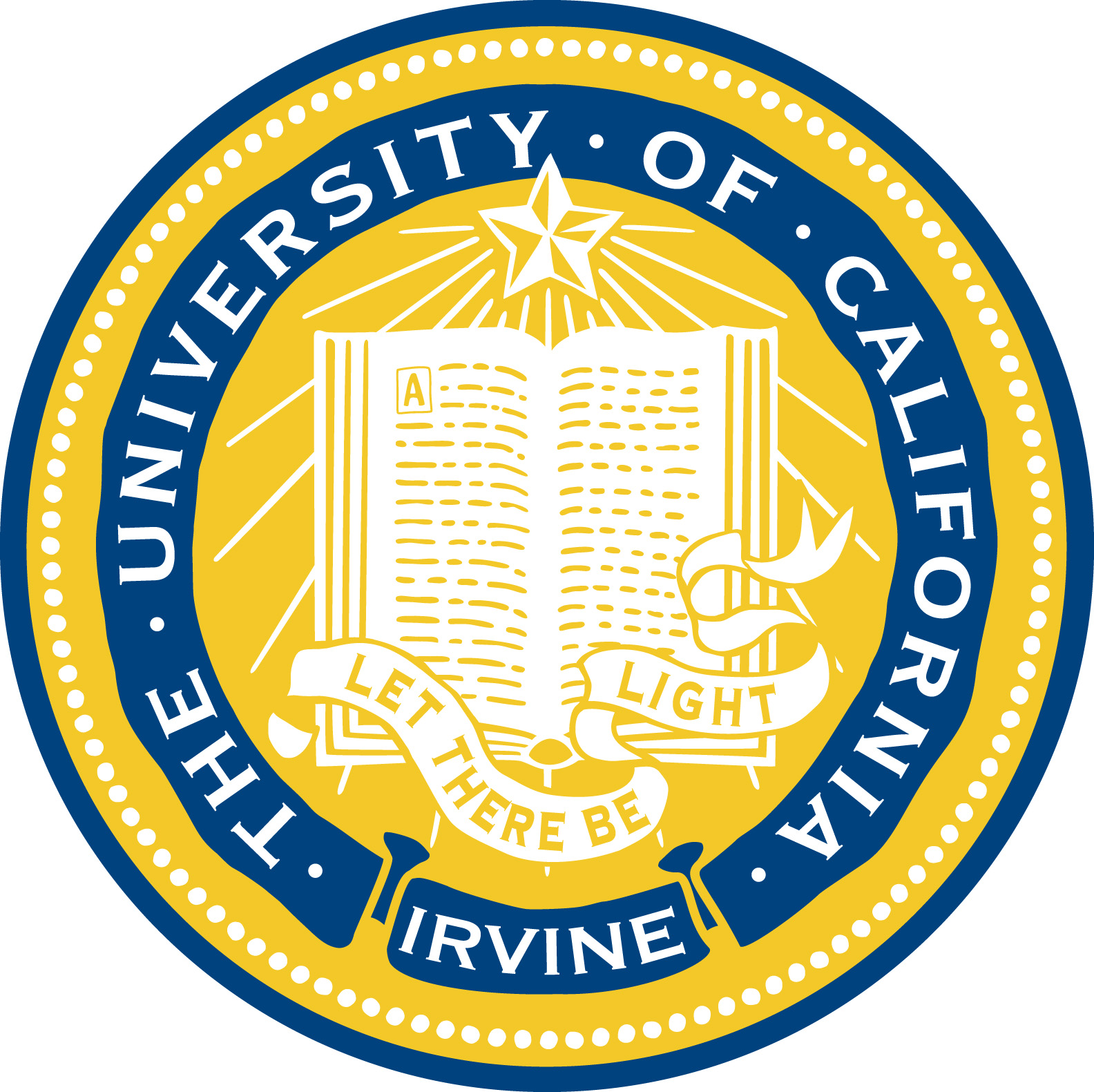Identifying and treating at-risk individuals for neurodegenerative diseases
Currently, the only means to reduce the devastating effects of Alzheimer's (AD) and Parkinson’s disease (PD) is to slow progression. With age being the single greatest risk factor for both diseases, America is experiencing an increasing epidemic for which there are no disease modifying drugs available. In order to stop this epidemic, we must be able to preclinically identify individuals at high risk, and develop an intervention that can help delay -- or ideally, prevent -- the emergence of disease. Dr. Howard Federoff, Professor of Neurology and Neuroscience and Executive Dean of School of Medicine at Georgetown University, is therefore using biomarkers to administer a preclinical test that will identify at-risk individuals who are likely to develop Alzheimer’s and Parkinson’s diseases. The only group to have developed preclinical biomarkers for Alzheimer's disease and move them forward to conduct secondary prevention clinical trials, Dr. Federoff and his team hope to find those who are at greater risk of developing these detrimental neurodegenerative diseases and enable discovery of disease modifying therapeutics.
Dr. Federoff and his lab focus on identifying blood based measures, or biomarkers, that can identify preclinical diseases. Safe, affordable, highly accurate and accessible, preclinical biomarkers are the most effective means to enable these vital secondary prevention trials in preclinical subjects. Once discovered and validated, these biomarkers can be used in similar secondary prevention trials in subjects at risk for Parkinson’s disease. With such results, Dr. Federoff and team hope to develop intervention that slows or prevents progression in preclinical subjects.
Current areas of research focus include:
- Furthering the preclinical diagnostic to approach 100% accuracy: In their recent work published in Nature Medicine, Dr. Federoff and his team show that ten blood lipids could predict with 90% accuracy which cognitively normal older (>70) adults will develop AD, resulting in the phenoconversion. The team has now extended these observations using additional blood measures to predict phenoconversion with greater than 99% accuracy. Accuracy is highly important in all scenarios, and it would be critical to know if the test would be accurate for varying ages as well as across different ethnic groups. By increasing accuracy and predicting with which population it will be most accurate, Dr. Federoff hopes to be able to clearly identify which individuals are at risk for the Alzheimer’s disease amongst other dementia.
- Using the preclinical tests to define at-risk individuals and enroll them into modifying therapeutic trials: Similar studies are underway to detect preclinical PD; with additional resources, Dr. Federoff would be able to expand their PD biomarker program. His research is now focused on secondary prevention AD clinical trials, in which the preclinical subject has initiated a disease process which may not yet be clinically manifest. By using biomarkers, Dr. Federoff can identify and test positive research subjects who are cognitively normal. This high risk for phenoconversion group will then be enrolled in a randomized control clinical trial to determine whether a repositioned drug with a novel mechanism can delay phenoconversion.
Bio
Like many kids growing up post WWII in New York's borough of Queens, Dr. Federoff came from a small family that was not college educated. Apart from what he absorbed in the public schools, his curiosity led to him develop wider interests including what made things work. He taught himself the basics of electrical circuits that allowed him to make a few electronic instruments from component parts. Dabbling in chemistry in a very rudimentary basement 'lab,' he experimented with simple reactions and prepared several cocktails, some with interesting properties. Needless to say, those small experiences were not met with enthusiasm by the parents. Turning to biological science was a natural next step along the path, one which allowed him to connect with others sharing this interest. The most life-changing events of his childhood was his first-hand observations of his grandmother who suffered a dense stroke with the attendant aphasias; most devastating for a young kid. Similarly, his dad's diagnosis of metastatic colorectal cancer and his rapid decline and death left an intrinsically curious kid with many unanswered questions. In retrospect, these latter two events compelled him to become a physician-scientist.
Outside of his research, Dr. Federoff is an avid outdoor exerciser. He particularly enjoys running and cycling, as it is a “remarkably good way to clear out the cobwebs in the mind.” Every now and then, while running or bicycling, Dr. Federoff is inspired by a new idea. “Our lives get so structured by phone calls, meetings, and emails,” Dr. Federoff says, “that we don't have time to expand our thoughts -- or to be creative.” It’s in these small moments through exercise, in addition to liking it, that whatever creativity that exists inside of him most manifests.
For information, visit http://explore.georgetown.edu/people/hjf8/
In the News
NPR Morning Edition
The News York Times/editorial
Los Angeles Times
Publications
Videos
Awards
President, American Society Experimental Neurotherapeutics, 2014-2016
Recipient Outstanding Alumni Award, Earlham College, 2014
Elected Fellow of American Association for the Advancement of Science (AAAS), 2012
Recipient, Bernard Sandberg Award, American Society of Neural Therapy and Repair, 2009
ACS Special Postdoctoral Award, 1979-1983
Patents
Application No.: US Provisional Patent Application 61/893,762
Filing Date: 10/21/13. Title: Biomarkers for Memory Loss PCT application No. PCT/US14/061578 entitled, “BioMarkers for Memory Loss” filed on October 21, 2014. Inventors: HJ Federoff, ME Mapstone, MS Fiandaca, AK Cheema. Applicant: Georgetown University.
Application No.: US Provisional Patent Application 61/986,555
Filing Date: 4/30/14. Title: Metabolic and Genetic Biomarkers for Memory Loss. Inventors: HJ Federoff, ME Mapstone, MS Fiandaca, AK Cheema. Applicant: Georgetown University.
Application No.: U.S. Provisional Patent application 62/002,453
Filing Date: May 23, 2014. Title: Exosomal Biomarkers for Memory Loss. Inventors: HJ Federoff, ME Mapstone, MS Fiandaca.
Application No.: U.S. Provisional Patent application 62/003,666 and 62/003,357
Filing Date: May 29, 2014. Title: Genetic Biomarkers for Memory Loss. Inventors: HJ Federoff, ME Mapstone, MS Fiandaca, Y Gusev.
Application No.: U.S. Provisional Patent application
Filing Date: May 27, 2014. Title: Metabolic Biomarkers for Memory Loss. Inventors: HJ Federoff, ME Mapstone, MS Fiandaca, AK Cheema.


